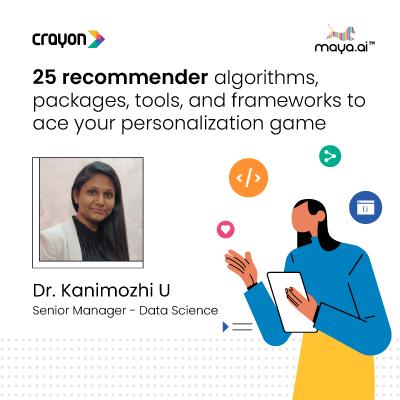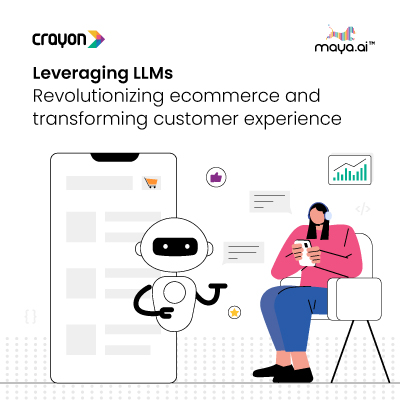How do we make Pre-K teachers stakeholders in their students’ college and career readiness 12 years into the future? The question, posed by Howard County School Supt. Renee Foose at this SxSWedu panel, perfectly describes the gap between practice and theory when it comes to Big Data in K-12 education.
Moderated by Nick Morgan, Executive Director of the Strategic Data Project at Harvard’s Center for Education Policy Research, the mouthful of a panel — Opening Doors to Advance Analytics for Your Agency — provided equal parts perspective from research, industry, and practice on transitioning to a data-driven education. Here are a few takeaways from the panel, which also included Atnreakn Alleyne, Data Fellow at the Delaware Dept of Education and Jeff Watson of Versifit Technologies:
Data, Insights, and Action
Finding utility in data is just as much about asking the right questions as having good data. Alleyne explained that in Delaware, they share monthly data briefs with the public to ensure they’re tacking the questions that matter. Of course it can be an unpleasant experience at times for administrators when the public sees empirical evidence that the least academically prepared students in Delaware are more likely to be placed with inexperienced teachers, or that low-SES students are less likely to enroll in college even when they are deemed college and career ready. But this level of sharing and community building can significantly influence policy and allocation of resources for traditionally low-performing school populations.




















